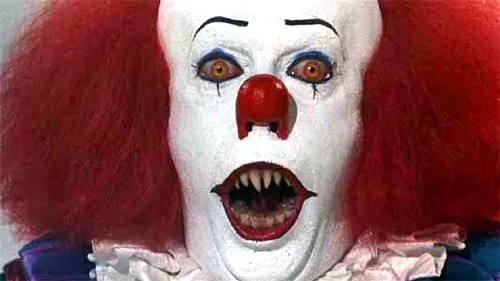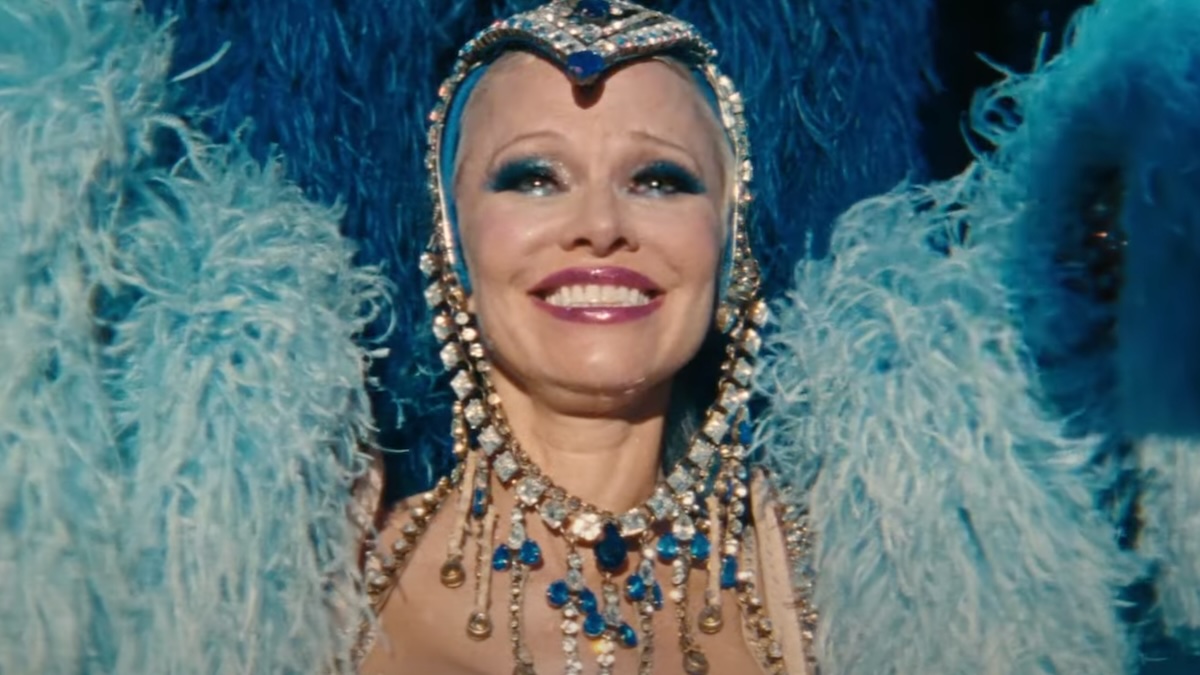I loved the first season of True Detective, and I have a strong emotional attachment to It, so I was pretty pumped when I read that True D‘s Cary Fukunaga would be adapting the Stephen King classic.
I also wasn’t surprised when the project fell apart; It, like a lot of King’s work, is so sprawling and strange that it’s hard to imagine an adaptation being successful at pleasing both new audiences and fans of the book. It also has some incredibly troubling messages about women.
Speaking to Variety, Fukunaga explained that disagreements over the script’s ‘offensiveness’ prompted him to drop out of the project:
I was trying to make an unconventional horror film. It didn’t fit into the algorithm of what they knew they could spend and make money back on based on not offending their standard genre audience. Our budget was perfectly fine. We were always hovering at the $32 million mark, which was their budget. It was the creative that we were really battling. It was two movies. They didn’t care about that. In the first movie, what I was trying to do was an elevated horror film with actual characters. They didn’t want any characters. They wanted archetypes and scares. I wrote the script. They wanted me to make a much more inoffensive, conventional script. But I don’t think you can do proper Stephen King and make it inoffensive.
There’s obviously no way to know what the studio deemed too offensive in Fukunaga’s adaptation, but he certainly had plenty of problematic elements to choose from in the source material.
Like a lot of King’s books, the women and people of color in It are simultaneously idolized and denigrated. His books often feature one (really really ridiculously good lucking) female protagonist in a group of male heroes. King’s women almost always undergo rape or domestic violence; in It these experiences are depicted with a carelessness indicative of the time the piece was written in, and the inherent blind-spots male creators might have when writing outside their own experience.
The most controversial scene in It takes place when the book’s main female character, Beverly, is 11 years old (spoilers to follow).
That’s not the only scene in some of King’s most popular books in which women are unrealistically eager to put themselves in sexual peril in order to save male protagonists. The Dark Tower series (currently being adapted into a movie) features countless instances, including one where the main female character agrees to have prolonged, dangerously rough sex with a demon to save the life of her male companions.
I grew up reading Stephen King and still turn to him more frequently than any other author. His writing has gotten me through some of the toughest times in my life, and I long for more and better adaptations that continue to honor his body of work–but it’s the directors responsibility to ensure we have some critical distance from elements of King’s books.
Mixed in with everything amazing It says about bravery and friendship were some pretty insidious messages about “what women are good for,” and, as we continue the conversation about how media influences and reflects the way we treat each other, it’s important not to conflate “horror” with “treating women badly.” Yes, it’s hard to make a Stephen King adaption that isn’t going to upset someone. But it wouldn’t take many revisions to make a Stephen King movie that’s less misogynistic.
We might never know what was so “offensive” in Fukunaga’s script, but I’m confident that at least some of the problematic elements of the original book aren’t necessary to make a terrifying adaptation. Keep the clown, leave out the dubious treatment of women. Someone make that movie, please.
(via Pajiba)
—Please make note of The Mary Sue’s general comment policy.—
Do you follow The Mary Sue on Twitter, Facebook, Tumblr, Pinterest, & Google +?









Published: Sep 4, 2015 04:11 pm